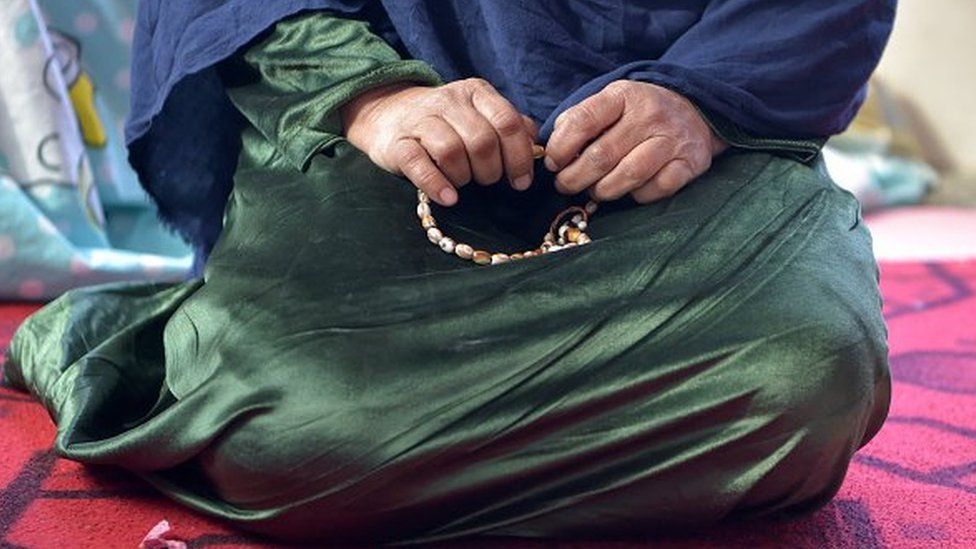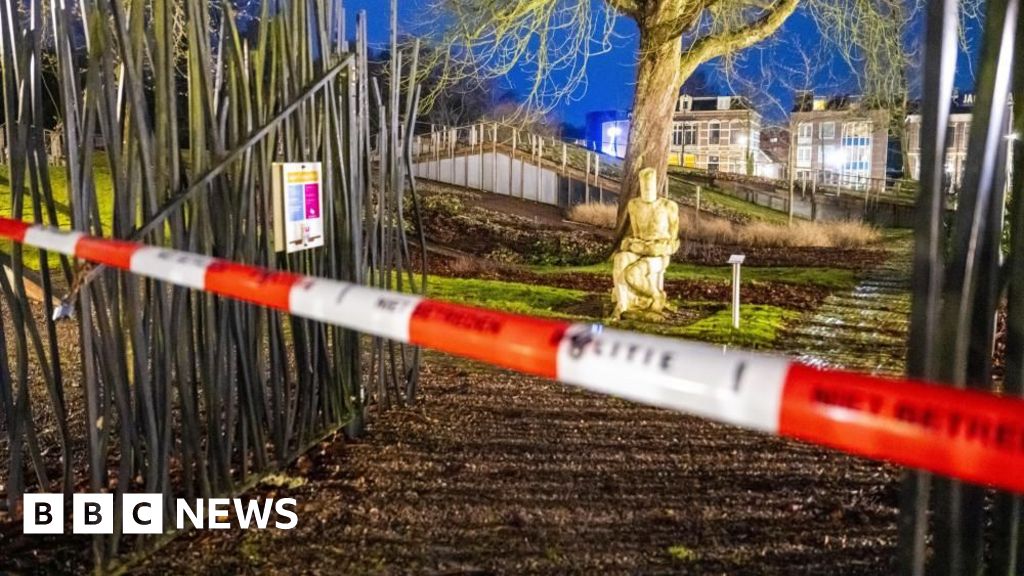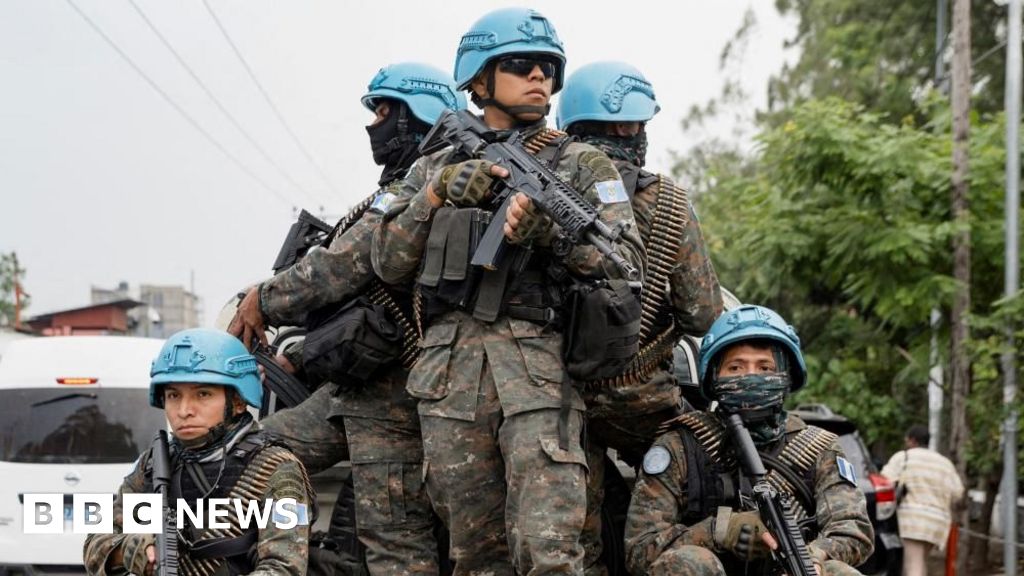ARTICLE AD BOX
 Image source, Getty Images
Image source, Getty Images
There are no more state-sponsored women's shelters in Afghanistan
The Taliban government in Afghanistan is putting women abuse survivors in prison and claiming it is for their protection, according to a UN report.
The UN said the practice harms the survivors' mental and physical health.
There are also no more state-sponsored women's shelters as the Taliban government sees no need for such centres, the report noted.
The Taliban's suppression of women's rights in Afghanistan is one of the harshest in the world.
The United Nations Assistance Mission in Afghanistan's (UNAMA) said that gender-based violence against Afghan women and girls was known to be high even before the Taliban took over Afghanistan.
But since then, such incidents have become even more common, given the impact of economic, financial and humanitarian crises which have afflicted the country, UNAMA said. Women have also been increasingly confined to their homes, which heightens their vulnerability to domestic and intimate partner violence.
Before the Taliban retook power in 2021, there were 23 state-sponsored women's protection centres or shelters in Afghanistan, according to UNAMA, but these have since vanished.
Taliban officials told UNAMA there was no need for the shelters as the women must be with their husbands or male family members. One said such shelters were "a western concept".
The officials said they would ask for male members of the family to make a "commitment" to not harm the woman survivor.
In instances where she had no male relatives to stay with, or where there were safety concerns, the survivor would be sent to prison "for her protection". This would be similar to how some drug addicts and homeless people are housed in the capital Kabul, noted UNAMA.
But UNAMA said this "would amount to an arbitrary deprivation of liberty".
"Confining women who are already in a situation of vulnerability in a punitive environment would also likely have a negative impact on their mental and physical health, re-victimisation and put them at risk of discrimination and stigmatisation upon released."
UNAMA also noted that for a one-year period from 15 August 2021, the Taliban administration's handling of gender-based violence complaints was "unclear and inconsistent".
For example, there is no clear distinction between criminal and civil complaints, which does not ensure effective legal protection for women and girls.
The complaints are mostly handled by male personnel, and UNAMA noted that the absence of women personnel "discourages and inhibits survivors from lodging complaints".
Survivors are now no longer guaranteed redress for their complaints, including civil remedies and compensation. They are reportedly more afraid of the Taliban government and their arbitrary actions and thus choose not to seek formal justice, said UNAMA.
While there were efforts to advance women's rights between 2001 and 2021 - including law and policy reforms - these have "all but disappeared".
Since retaking power in 2021, the Taliban government have all but broken their earlier promises to give women the right to work and study.
Girls in Afghanistan are only allowed to attend primary school. Teenage girls and women have also been barred from entering school and university classrooms.
They are not allowed in parks, gyms and pools. Beauty salons have been shut, while women must dress in a way that only reveals their eyes. They must be accompanied by a male relative if they are travelling more than 72km (45 miles).

 1 year ago
17
1 year ago
17








 English (US) ·
English (US) ·